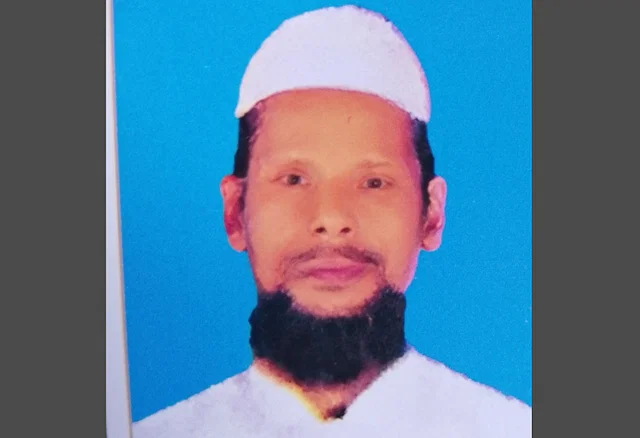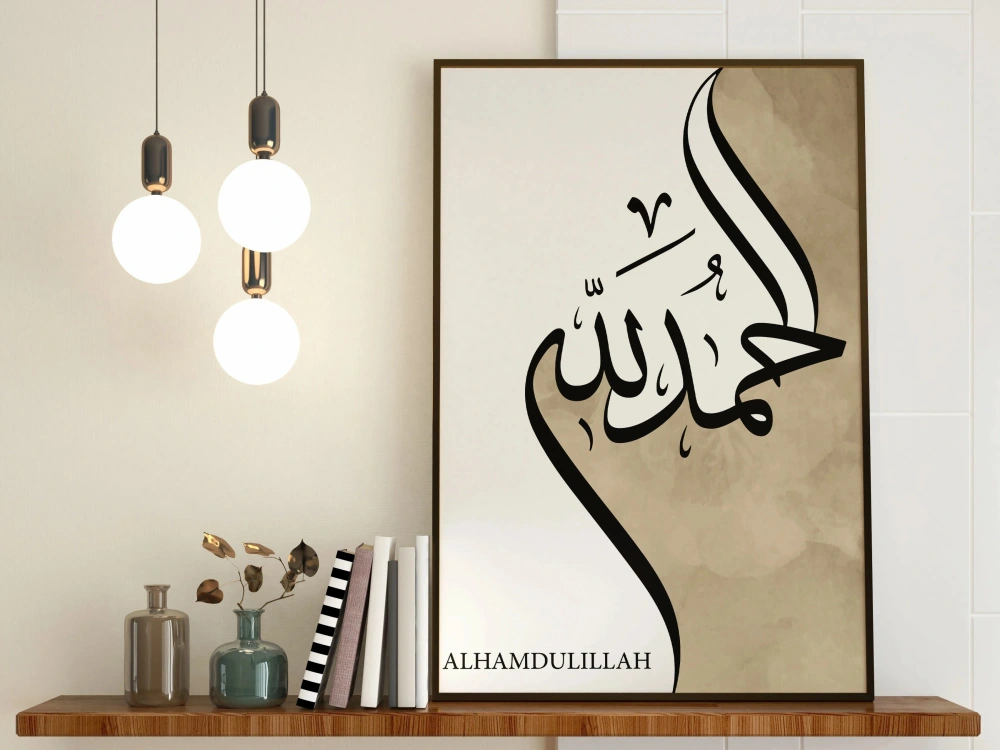Jahangir Hossain Mridha (51) was a hardworking individual who supported his family by delivering goods in his van. He did not participate in the protests surrounding the quota movement, yet he was tragically shot and killed. On July 19, after being unable to work for four days due to the unrest, Jahangir set out early in the morning with his van. His plan was to buy vegetables, sell them, and use the proceeds to purchase essential items for his family. However, he was shot and killed around 10 a.m. in the Jatrabari area of Dhaka.
Jahangir Hossain hailed from Dipasha village in the Madanpur Union of Bauphal Upazila, Patuakhali. He was the youngest of four brothers and two sisters, born to Moinuddin Mridha. Coming from a poor family, Jahangir owned only a small plot of 1.5 decimal land, which was insufficient for constructing a house. Consequently, he and his wife, Laiju Begum, moved to Dhaka in search of better opportunities. Jahangir would visit his village once or twice a year, staying with his father-in-law, Md. Moslem Jomaddar, due to the lack of a permanent home.
On Monday afternoon, a visit to Dipasha village revealed Jahangir’s grave by the pond in front of his family home. After his death on July 19, he was buried in the family cemetery following a funeral prayer that evening. Two days later, his wife, Laiju Begum, along with their 18-year-old son Sujan and 3-year-old son Shanto, relocated back to Dhaka.
Jahangir’s elder brother, Abdul Ghani Mridha (67), shared with Prothom Alo that Jahangir had been living with his wife and two children in a rented house near Raerbagh Bus Stand in Dhaka. Due to financial constraints, they could not afford to educate Sujan, who is now learning a trade at a local shop. The family is struggling in the absence of their sole breadwinner.
Abdul Ghani mentioned that they will not be filing a case due to their lack of resources and means. He has called on the government to provide for Jahangir’s two children and wife. Laiju Begum (40) explained that the unrest had halted her husband’s earnings, leading her to borrow money. She described how Jahangir left on July 19 with the intention of buying and selling vegetables to provide for his family, only to be met with an untimely death. She questioned, “Why was my innocent husband shot by the police, and who will deliver justice for him?” She added, “My existence now feels meaningless. How will I support my two children and manage our household?”
Jahangir’s son Sujan expressed his frustration, stating, “My father was not involved in the protests, nor was he affiliated with any political party. Why was he shot? We seek justice from the government.”










